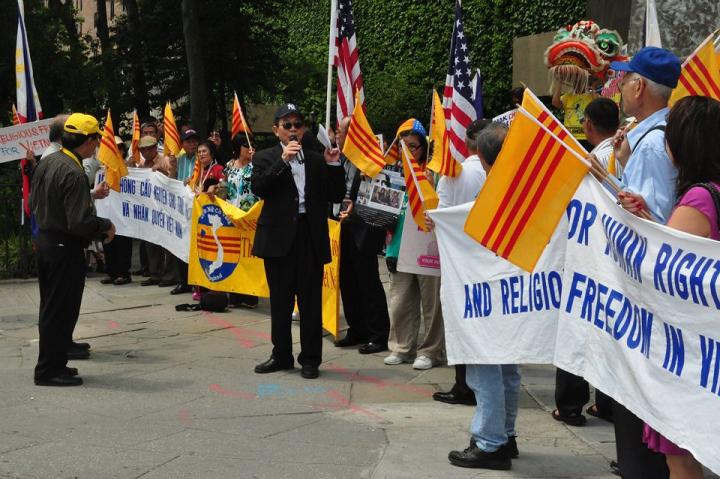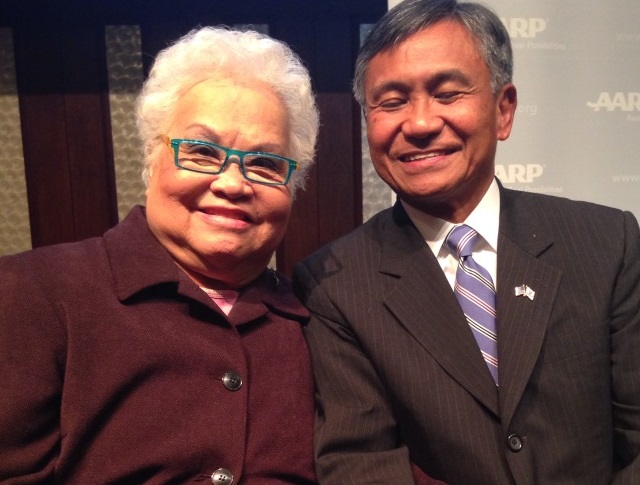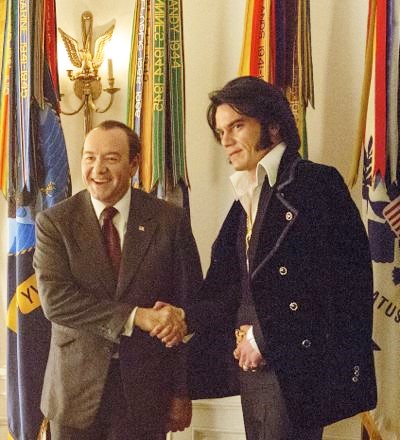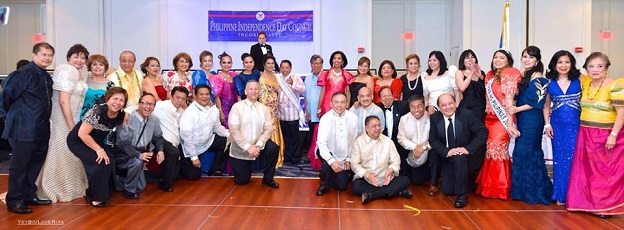Did bullying from the pulpit hurt the Catholic Vote?
By Ludy Astraquillo Ongkeko, Ph.D.
If the homeland’s May 13th Election Day statistics were to be pursued, there should be very little wonder or none at all, about the existence of what was referred to as the Catholic Vote.
Evidently, as the results started to pour in just after a few vote canvassing days, it was a clear sign that voters sided with the legislators, they who went for re-election and who, as far as supporting the Reproductive Health Law became foes of the Bishops. Throughout their electoral campaigns, the same re-election candidates maintained their original stand on that same law. And, as the nationwide votes started to pour in, the contrived Catholic Vote was nowhere to be seen nor was it reflected at all.
Did those distasteful campaigns emerging from the vitriolic clerical and non-clerical oppositionists of the RH Law fall on deaf ears in regard to the Catholic voting populace?
Judging from the very start when the votes were coming in for the upper house re-election seekers, interestingly, their place as winners seemed guaranteed despite the identification they bore: supporters of the RH Law who never waivered from their stand.
Likewise, from that same start, the known Senate foes of the RH Law were not doing well at all. Votes for them appeared very discouraging. The outcome spoke for them. None placed in the top rung of the voting population’s choices.
The Filipino Catholic voter, apparently based on the aftermath of the elections, didn’t pay attention at all to what Lipa Archbishop Ramon Arguelles, former vice-chairman of the Catholic Bishops’ Conference of the Philippines – Episcopal Commission on Family and Life, told ‘faithful Catholics to choose pro-life candidates.’ The Church, led by the archbishop and his anti-RH Law organizations waged vociferous campaigns against the same legislation even when it was at its budding stage.
Over and above exhortations of Archbishop Arguelles, Catholics went to the polls. They voted the way they felt they had to obtain that sequel of their support for the RH Law; their right of suffrage was eloquently portrayed as voters trooped to the polls at break of day to support their lawmakers.
The very fact that the supporters of RH Law won wide margins amid those who came out intensely against it became not only a social indicator, but a religious one.
Did the Catholics pay attention to ‘The Bishops?’
If what ‘The Bishops’ felt they were doing was in line with God’s word on the State and Religion, what can be deduced after observing the pre-election and election results?
Christian doctrine refers to the teachings made emphatic by all Christian teachers. “Repay to Caesar what belongs to Caesar and to God what belongs to God.”
If one must repay to Caesar what belongs to Caesar, why does the Church speak on politics and political issues?
Political scientists and analysts in the Philippines have been heard to go back to the then senatorial elections of the nineties when, as health secretary, Senator Juan Flavier emerged as the enemy of the Church’s campaign because of his known record on family planning. Yet, Flavier, the same official who championed reproductive health, was a winner in his first try for an elective position. Therefore, with the Church’s reported attacks on Flavier, did the Catholic vote then achieve the supremacy it craved at the ballot box?
Even then, the ‘90s proved that the much-bruited about Catholic Vote did not pan out. After the outcome of the May 13th elections, would a myth on the Catholic Vote persist?
Reflecting on last month’s elections, will the adversaries of RH Law continue to work against its implementation?
Is there a Catholic Vote?
How are Catholics therefore regarded?
Do Catholics go about their faith, practice what they believe in because theirs is one called independence of mind?
In sum, it is crystal-clear that Filipino Catholics do not welcome their Church’s interference by dictating how to vote or who to vote for.
Most Filipino Catholics resent the position that has been taken by their Church leaders: their bishops and their priests should not indulge in politics. It is not their mission. The sooner the Bishops stay away from politics, the better it is for them to rally the Church’s believers by example.











